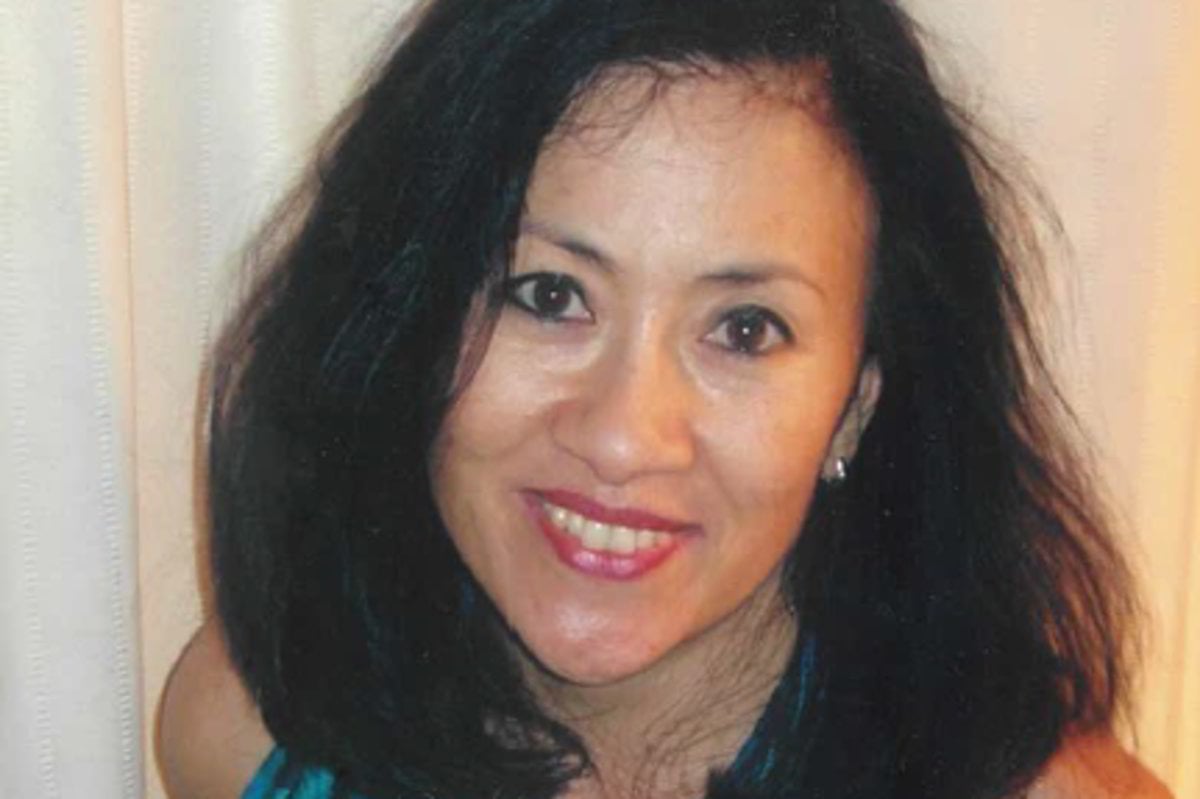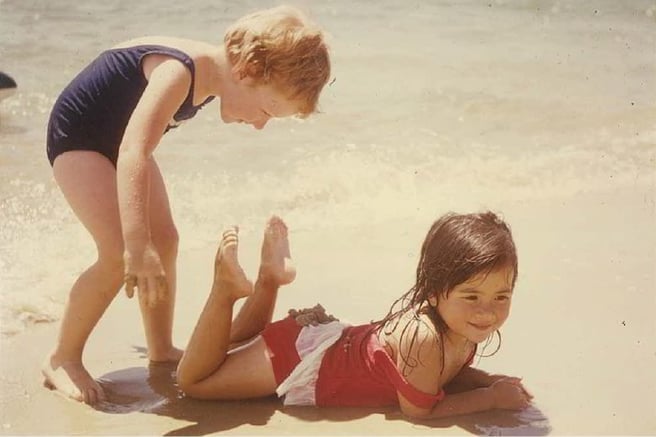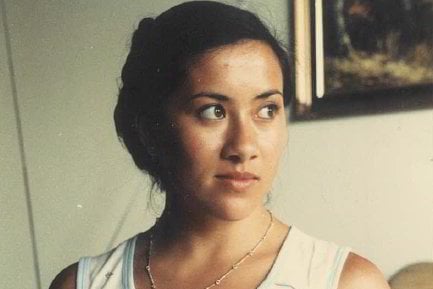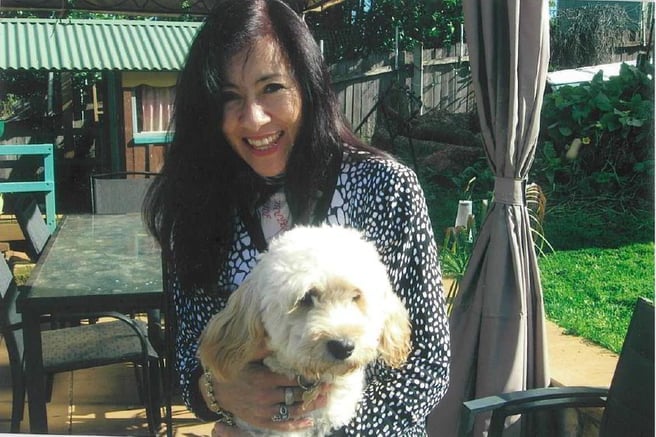
Sam Douglas remembers the first time she felt like she belonged.
It was an overwhelming feeling. Scary, but wonderful.
So many other people felt like this all the time; it was so familiar they didn't even know it. But for the first 20 years of her life, Sam felt the complete opposite.
Sam will appear on tonight's SBS Insight. Post continues below video.
Sam was born to an unmarried Greek mother in the 1960s. She does not know who her biological father is, but she believes he was Chinese. At the time, social prejudice towards unmarried women and mixed race children was the norm, and this saw Sam forcibly adopted into a white family in Canberra.
Sam's family were 'colour blind', meaning they didn't see her as "any sort of colour", she explained to Mamamia.
Her family believed if she was brought up the same as her fair-skinned, red-headed sister, there wouldn't be any issues.
But there were issues. Lots of them.
For an entire year, she was called 'dirty little girl' by a teacher, and sent to the bathrooms where she tried to "scrub her skin white" each day. People stared at her and called her racist names. Her adopted grandmother did not acknowledge her, and she was forced out of a multi-generational family photo.





Top Comments